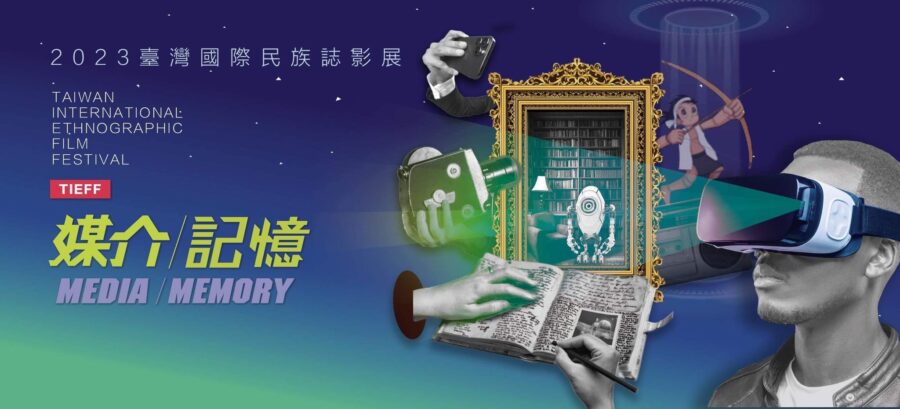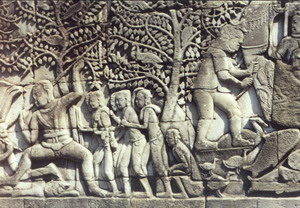Things I Could Never Tell My Mother
This film tells the story of my relationship with my parents, especially my mother, while we are living under one roof in Dhaka, Bangladesh. For a long time, my mother was a passionate artist. She passed on to me her love of poetry, theater, and film, which became my profession. But ever since she made the Hajj, the great Muslim pilgrimage to Mecca, in 2002, she has changed profoundly. She now lives cloistered in our apartment, following the precepts of Sharia law, rejecting the richness of her previous life. She keeps urging me to get married and to stop making films, since Islam forbids any human representation. When she suggests that we undertake the Hajj together, I accept her invitation: it will be an opportunity for us to resolve our differences, but it will also be the time for me to announce to her that I am in a relationship with a Hindu man. But the COVID-19 pandemic makes our trip impossible. Forced to live behind closed doors with my parents as their health deteriorates, I try to come to terms with what my mother and I still have in common.


